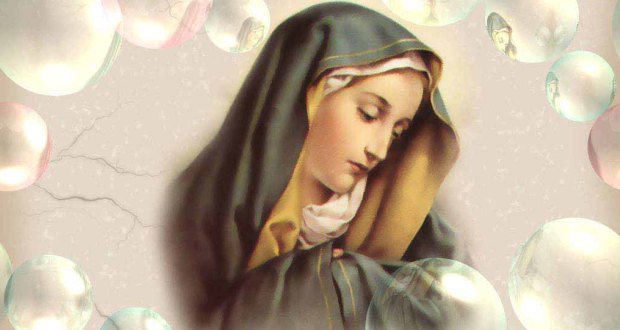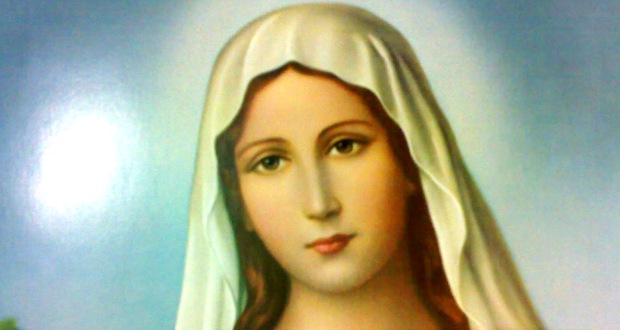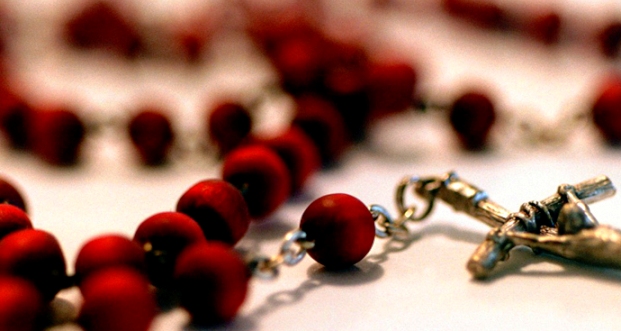The Immaculate Conception: Understanding the Mystery of Mary’s Sinlessness

The Immaculate Conception is one of the most important and widely misunderstood doctrines of the Catholic Church. Contrary to popular belief, it does not refer to the conception of Jesus in the womb of the Virgin Mary, but rather to Mary’s own conception, which was free from original sin. This belief is not just a pious legend, but a dogma of the Catholic faith, which means that it is a truth revealed by God and infallibly taught by the Church.
But what does it mean to say that Mary was conceived without original sin? And why does it matter? To answer these questions, we must first understand the nature of original sin and its effects on humanity.
According to the Christian tradition, original sin is the state of moral corruption and separation from God that entered the world through the disobedience of Adam and Eve in the Garden of Eden. This sin has infected every human being since then, except for Jesus and Mary. The Catholic Church teaches that Mary was preserved from original sin from the moment of her conception, by a unique and singular grace of God.
This belief is based on several biblical and theological considerations. First, it is suggested by the angel Gabriel’s greeting to Mary at the Annunciation, when he addresses her as “full of grace” (Luke 1:28). This phrase, which in the original Greek means “one who has been graced to the full,” implies that Mary possessed a state of grace that was complete and perfect, and which could not be improved upon.
Second, the Immaculate Conception is consistent with the Church’s understanding of Mary’s role in salvation history. As the mother of Jesus, who is the Savior of the world, Mary was chosen by God to be a fitting vessel for his Son’s incarnation. To accomplish this, she needed to be free from any stain of sin or moral defect, which might compromise her ability to cooperate with God’s plan of salvation.
Finally, the Immaculate Conception underscores the Church’s belief in the dignity and sanctity of all human life, from the moment of conception to natural death. By affirming that Mary was conceived without sin, the Church proclaims that every human being is called to holiness and can be raised up to share in God’s life and love.
So why does the Immaculate Conception matter? For Catholics, it is a source of inspiration and hope, a sign of God’s love and mercy for humanity, and a reminder of our own call to holiness. It also affirms the dignity and sanctity of every human being, especially the unborn, and challenges us to respect and defend human life at all stages.
In conclusion, the Immaculate Conception is a profound mystery of faith that reveals God’s plan for the salvation of humanity and the dignity of every human person. By understanding and embracing this doctrine, we can deepen our relationship with God and grow in our own holiness, following the example of Mary, the Immaculate Mother of God.






